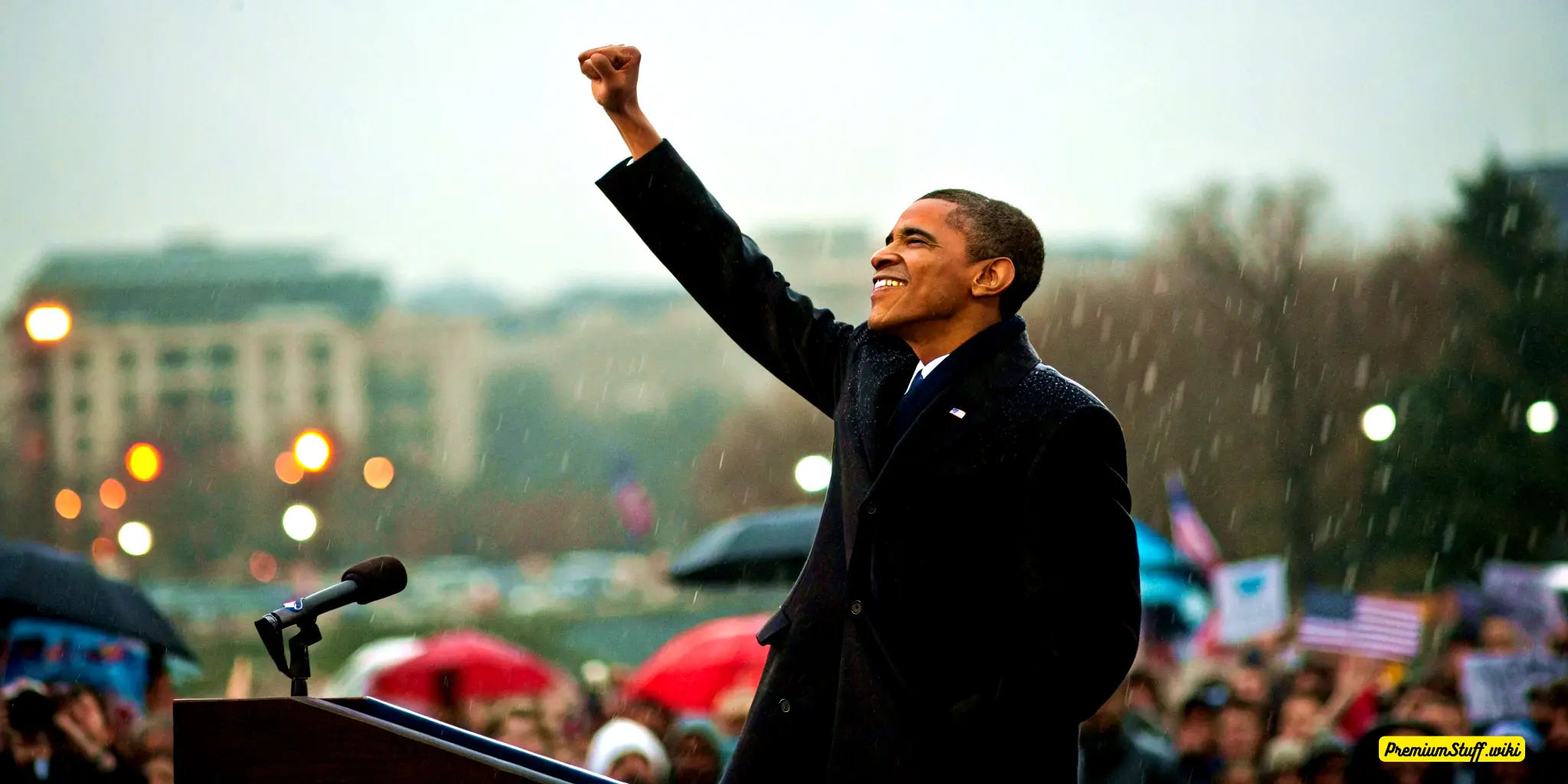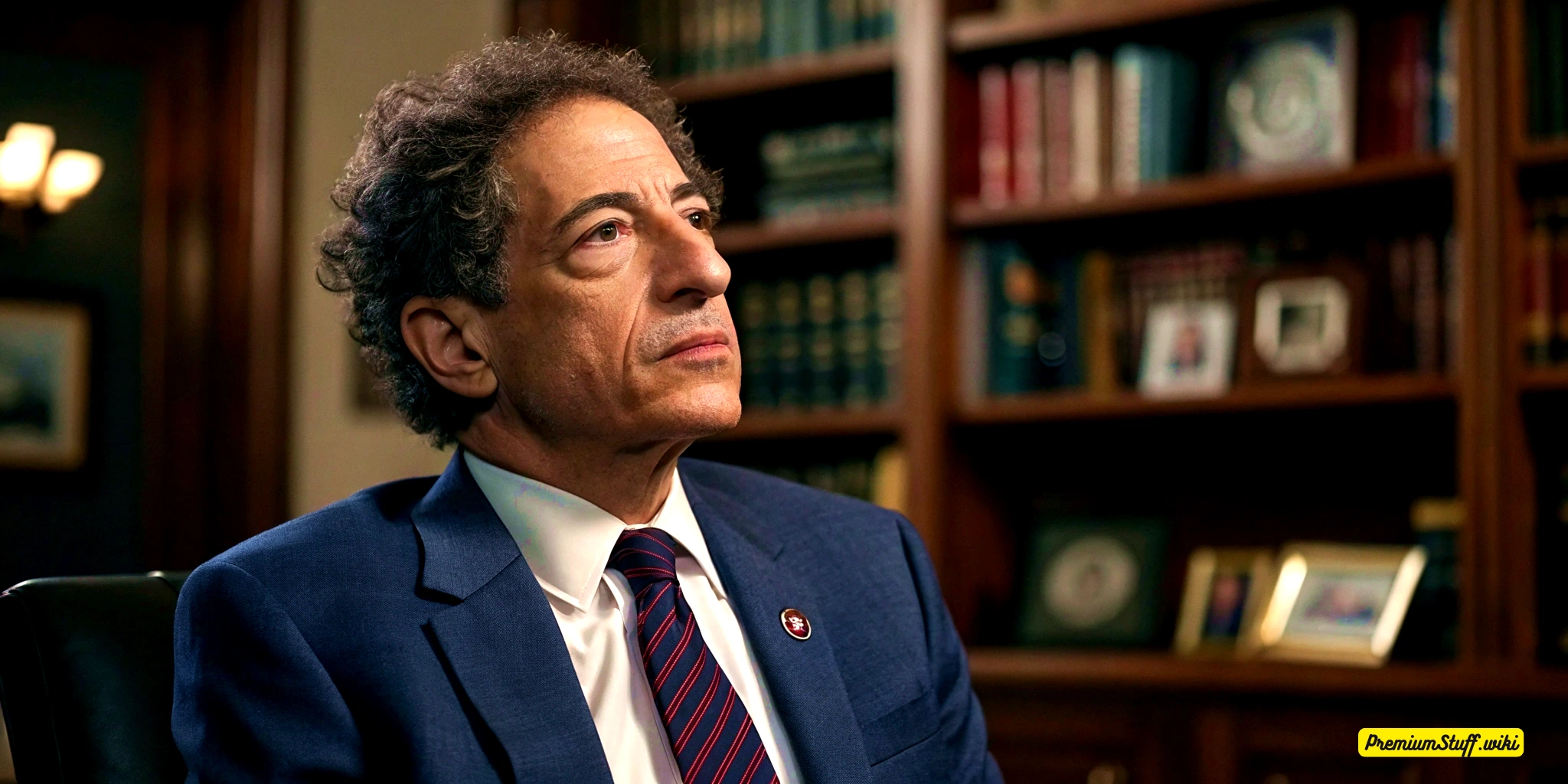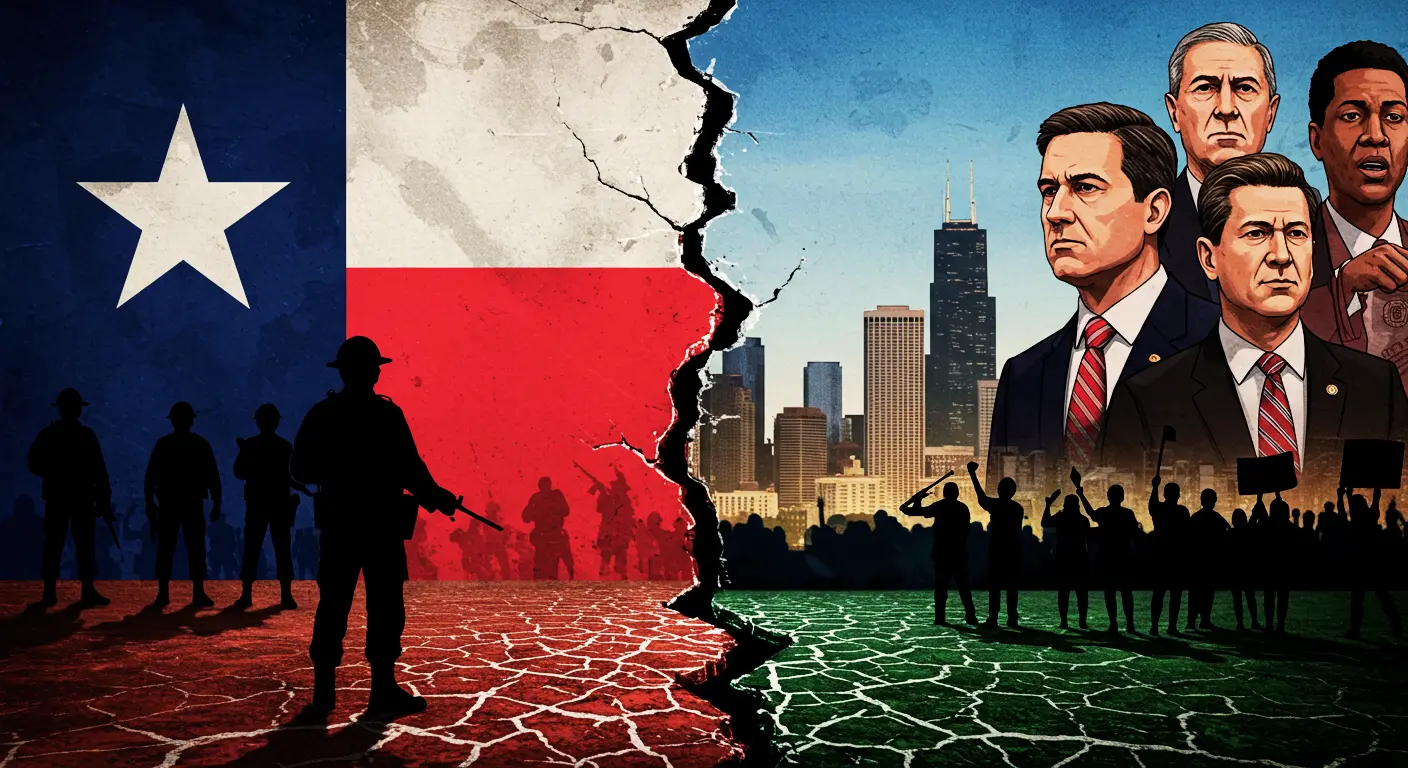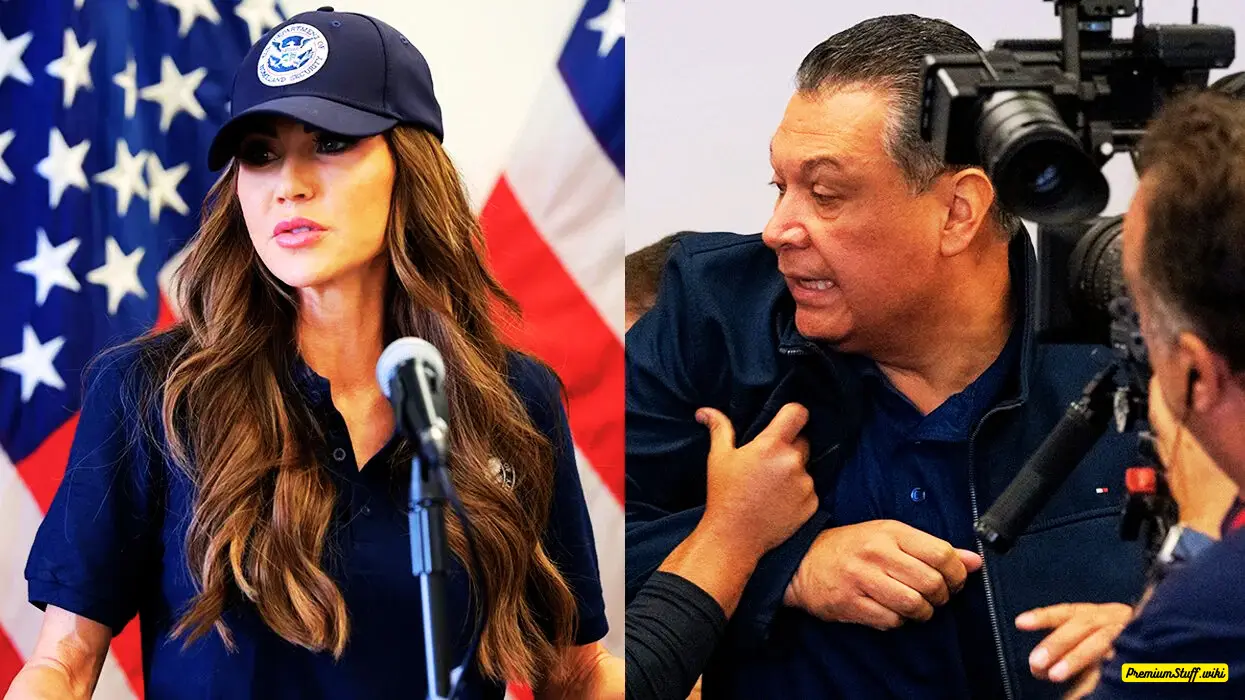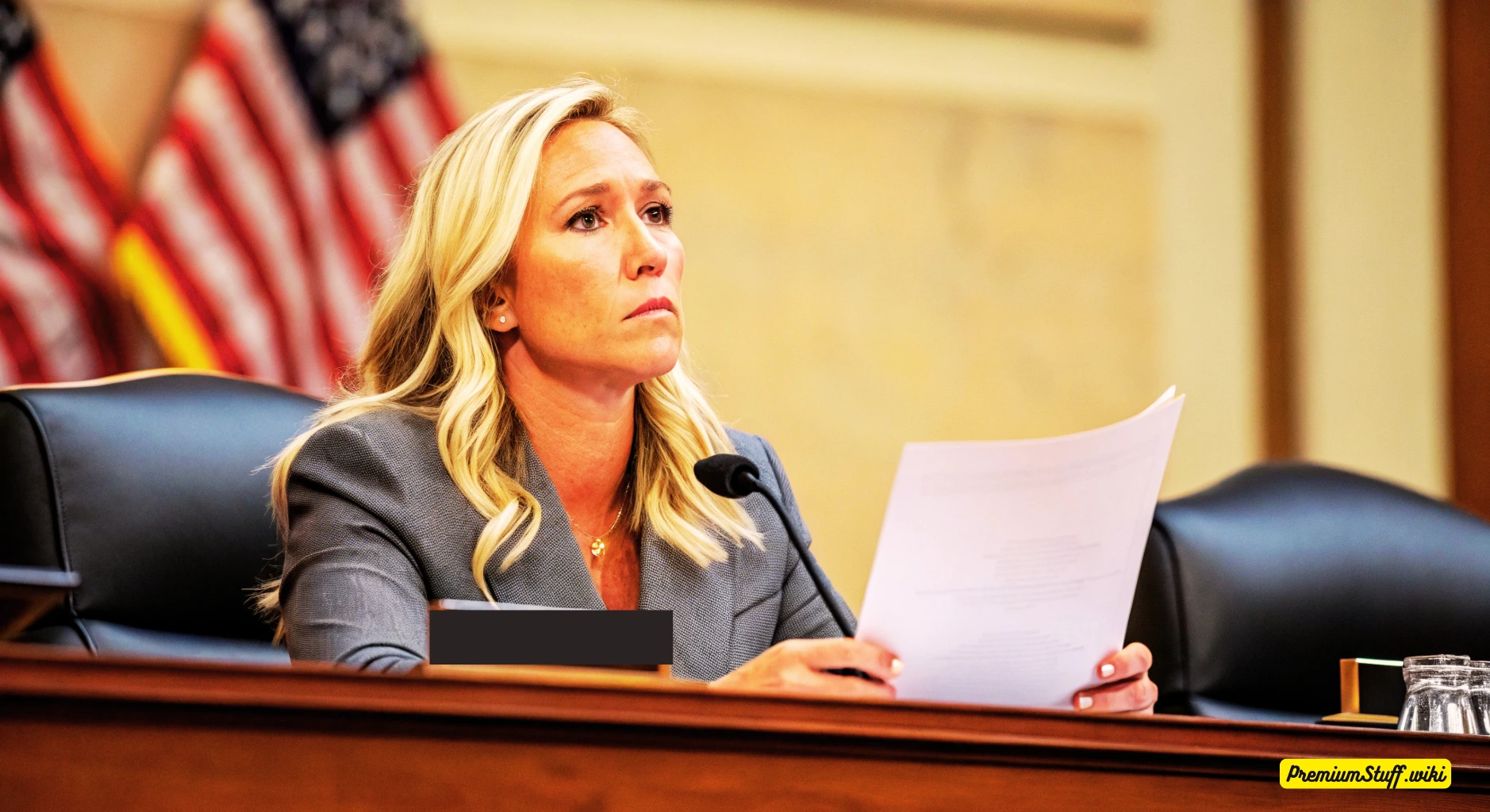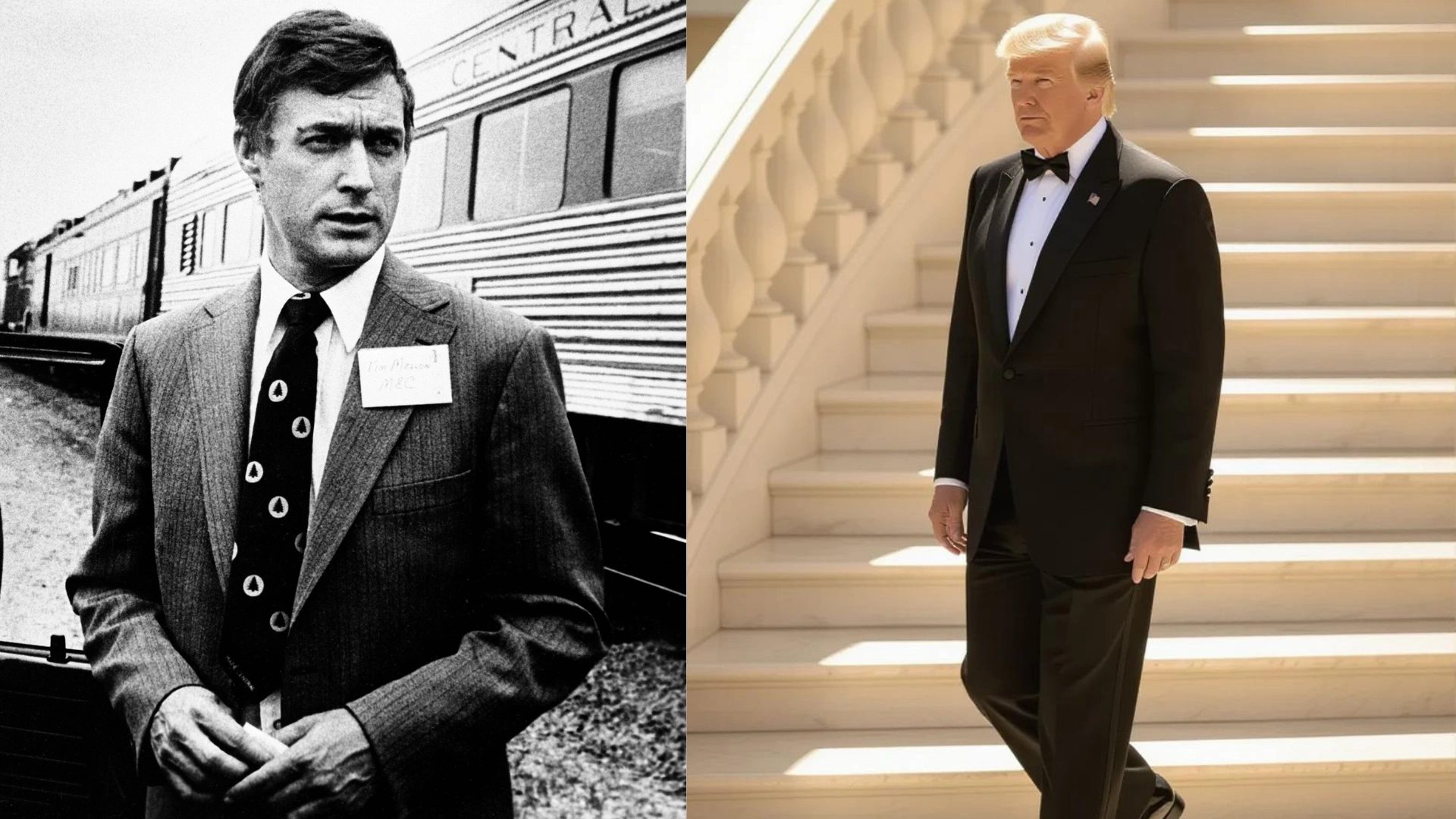Washington on Edge as “No Kings” Protests Converge with Trump’s Military Parade Amid Guard Deployment Threat
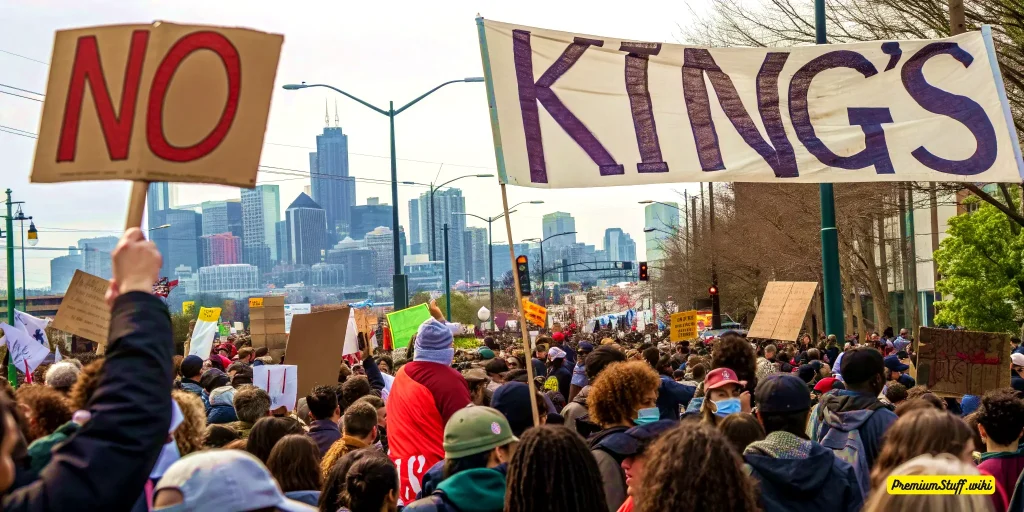
WASHINGTON, D.C. — June 14, 2025 — The nation’s capital and cities nationwide are bracing for a historic collision of dissent and display as tens of thousands of protesters prepare for “No Kings” rallies opposing President Donald Trump’s policies, while the White House stages a controversial military parade celebrating the U.S. Army’s 250th anniversary on Trump’s 79th birthday. The convergence unfolds against a backdrop of heightened tensions over the unprecedented federal deployment of National Guard troops and Marines to quell immigration protests in Los Angeles—a move now sparking legal battles and fears of expanded militarized responses to civil unrest .
State vs. Federal Showdown Over Troop Control
Governors in Democratic-led states are mobilizing to block federal overreach, with Washington Governor Bob Ferguson canceling weekend plans to remain in Seattle, where protests are planned at Cal Anderson Park and the University of Washington’s Red Square. Ferguson warned the Trump administration against any attempt to deploy the National Guard in Washington state, calling such actions “unconstitutional” and vowing, “Don’t give Donald Trump an excuse to try to federalize the National Guard here.” He coordinated with Seattle Mayor Bruce Harrell, Tacoma Mayor Victoria Woodards, and U.S. Rep. Pramila Jayapal to emphasize peaceful demonstrations while preparing legal defenses against federal intervention 1. Similar resistance erupted in California, where Governor Gavin Newsom sued the Trump administration after it deployed 4,700 California National Guard troops to Los Angeles without state consent—the first such federal takeover since 1965. A federal appeals court temporarily blocked a lower court ruling that deemed Trump’s move illegal, allowing troops to remain deployed until at least June 17 .
Marines on U.S. Streets and Civilian Detentions
The standoff escalated as 200 U.S. Marines arrived in Los Angeles to relieve National Guard soldiers guarding the Wilshire Federal Building. In a landmark shift, Marines conducted their first known detention of a civilian—U.S. Army veteran Marcos Leao—outside a federal building, handing him over to law enforcement. While military personnel are legally restricted to temporary detentions, the incident marked a stark expansion of the military’s domestic role. Maj. Gen. Scott Sherman, overseeing the operation, confirmed Marines underwent “crash courses” in civil disturbance tactics and were issued batons, gas masks, and helmets . Los Angeles Police Chief Jim McDonnell criticized the deployment as a “significant logistical challenge,” noting a lack of coordination with local authorities. A downtown curfew (8 p.m.–6 a.m.) remains in effect after a week of protests sparked by ICE raids, with over 400 arrests for failures to disperse and incidents of arson and vandalism .
Nationwide “No Kings” Protests Target “Authoritarianism”
Organizers with the liberal advocacy group Indivisible expect over 3 million people at 1,800 “No Kings” protests across all 50 states on June 14, deliberately timed to counter Trump’s military parade in Washington D.C. The movement aims to reject “billionaire-first politics and militarization,” with Philadelphia hosting the flagship rally (80,000 expected). Protesters are avoiding D.C. to divert attention from the parade, which features 7,000 troops, 128 armored vehicles, and aircraft flyovers costing up to $45 million . State responses vary dramatically:
- Texas deployed 5,000 National Guard troops, while Missouri activated its Guard “as a precaution” .
- Florida Governor Ron DeSantis (R) declared drivers could “flee for safety” by hitting protesters if “threatened,” and Brevard County Sheriff Wayne Ivey warned, “We will kill you” if violence occurs .
- New York City Police Commissioner Jessica Tisch promised “the full strength of the greatest police department” against violent demonstrators .
Political Fuel: Padilla Incident and Public Opinion
The protests gained urgency after Homeland Security agents forcibly removed Senator Alex Padilla (D-CA) from a press conference, handcuffing him as he questioned Secretary Kristi Noem about immigration enforcement. Democrats condemned the act as “a strike against the right to question government power”. Public opinion reflects deep divisions: A Reuters/Ipsos poll shows 48% support military deployment for “violent protests,” while 41% oppose it. Retired General William Enyart, who led the Illinois National Guard, called Trump’s actions “unprecedented,” arguing, “The President is imposing his political will, not local knowledge” .
A Defining Day for Democracy
As tanks roll through Washington D.C. and protesters flood streets from Seattle to Philadelphia, June 14, 2025, underscores a nation grappling with the balance between security and civil liberties. With courts poised to rule next week on federal authority over state troops, and Trump vowing L.A.-style deployments could be “the first of many,” today’s events may reshape protest policing—and the very meaning of dissent—in modern America

